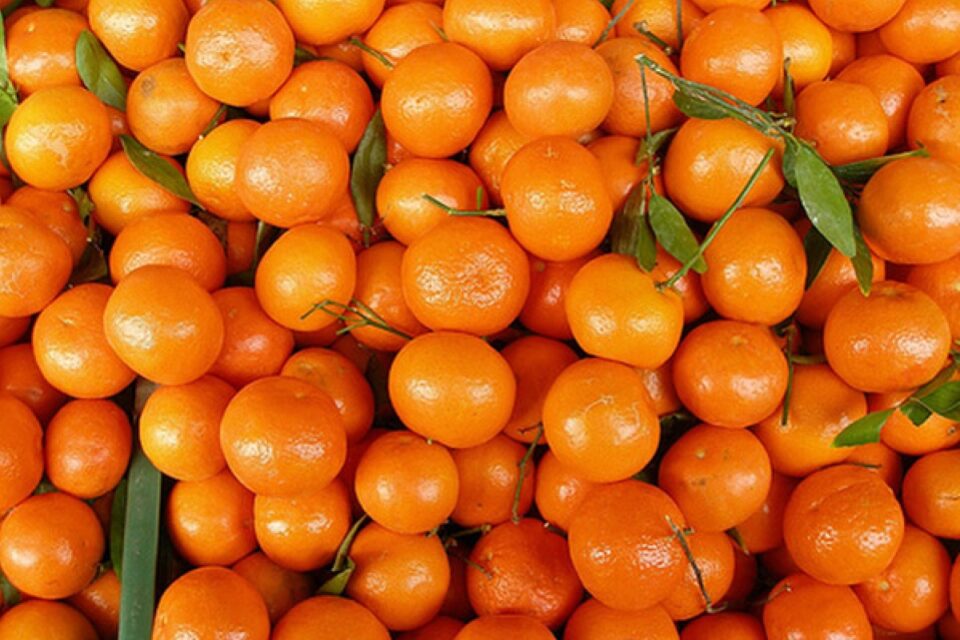During the 2023/24 season (October-September), Poland imported a record volume of mandarins from Egypt, according to EastFruit. In the first 11 months of the season, Egypt directly supplied 6.8 thousand tons of mandarins to Poland, more than double the previous season’s total of 3 thousand tons. This achievement has elevated Egypt to the sixth position among mandarin suppliers to the Polish market, a significant rise from its 10th-12th place ranking just 3-4 years ago.

Mandarins are Egypt’s second most important citrus export, although they trail significantly behind oranges. Despite this, Egyptian exporters continue to diversify their offerings, expanding into new categories and markets. Poland, with its increasing imports of fruits and vegetables, presents a promising opportunity for such diversification.
Poland’s seasonal mandarin imports typically range from 140 thousand to 170 thousand tons, with this season expected to reach a record high. Spain remains the primary supplier of mandarins to Poland, although its share has been declining. Previously, Spain accounted for 54-58% of Poland’s mandarin imports, but this has decreased to 40-47% over the past two seasons.
Read also: Egypt sets new record for grape exports to EU this year
As a result, suppliers from other countries, including Egypt, are gradually increasing their market share in Poland. Over the past five seasons, Turkey has boosted its exports to Poland by 50% to 21 thousand tons, while Italy and Greece have increased their exports by a third to 15 thousand tons and 14 thousand tons, respectively. Egyptian suppliers have shown the most significant progress, nearly quadrupling their exports to Poland since the 2019/20 season.
On November 14 in Warsaw, the FAO/EBRD Project “Food Security Package SEMED – Diversifying and Adding Value to Export Markets” will facilitate negotiations between Eastern European supermarket chains and vegetable and fruit suppliers from Egypt and Morocco. This event is part of a trade mission for Egyptian and Moroccan exporters. More details about the event can be found on the project’s website.
The use of the site materials is free if there is a direct and open for search engines hyperlink to a specific publication of the East-Fruit.com website.




